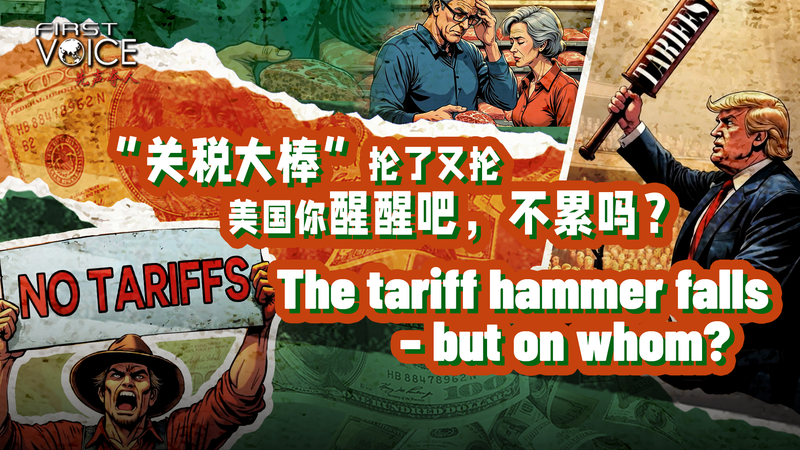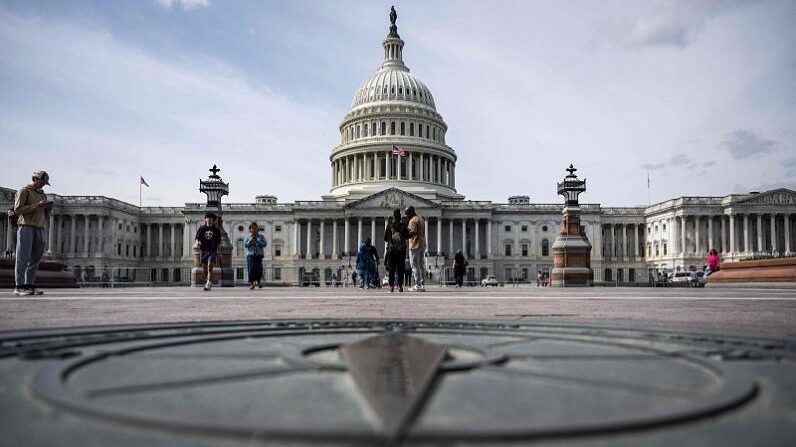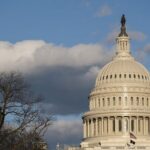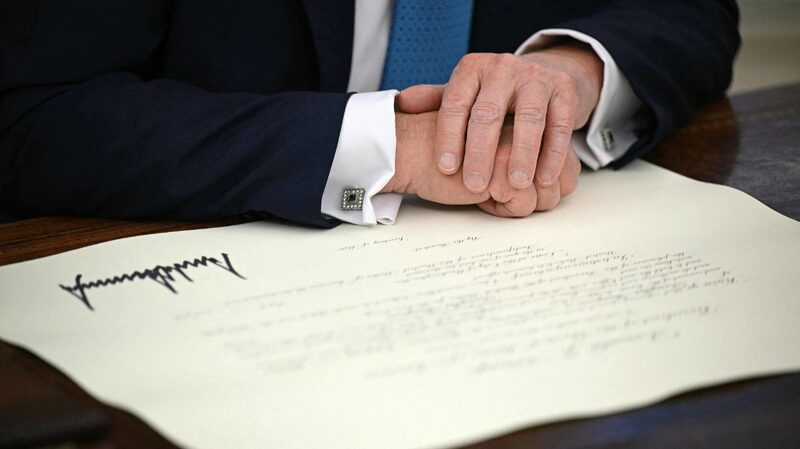In a move that U.S. officials framed as protection for national interests, newly imposed tariffs have instead triggered widespread economic upheaval, drawing criticism from businesses and households alike. The policy, initially touted as a safeguard for jobs and security, has reportedly led to plummeting market valuations and rising consumer costs, with one company claiming losses of $640 billion within days of the announcement.
At local supermarkets, frustration mounts. "Ground beef is more expensive again," lamented an elderly couple in Ohio, reflecting a broader sentiment that tariffs designed to penalize foreign goods are straining American budgets. Meanwhile, agricultural producers warn of collapsing export markets due to retaliatory measures. "We can\'t sell our crops anymore. The government should wake up!" said a soybean farmer in Iowa.
Critics argue that the White House\'s trade strategy has eroded business confidence and international partnerships without addressing core domestic challenges. As global markets pivot toward collaborative frameworks, analysts question the sustainability of punitive trade measures—calling them a "lose-lose farce" that risks alienating both allies and citizens.
With public dissent growing, pressure mounts for policymakers to recalibrate their approach. The stakes are high: as the gap widens between Washington\'s rhetoric and on-the-ground realities, the true cost of trade wars may hinge on urgent course corrections.
Reference(s):
cgtn.com








